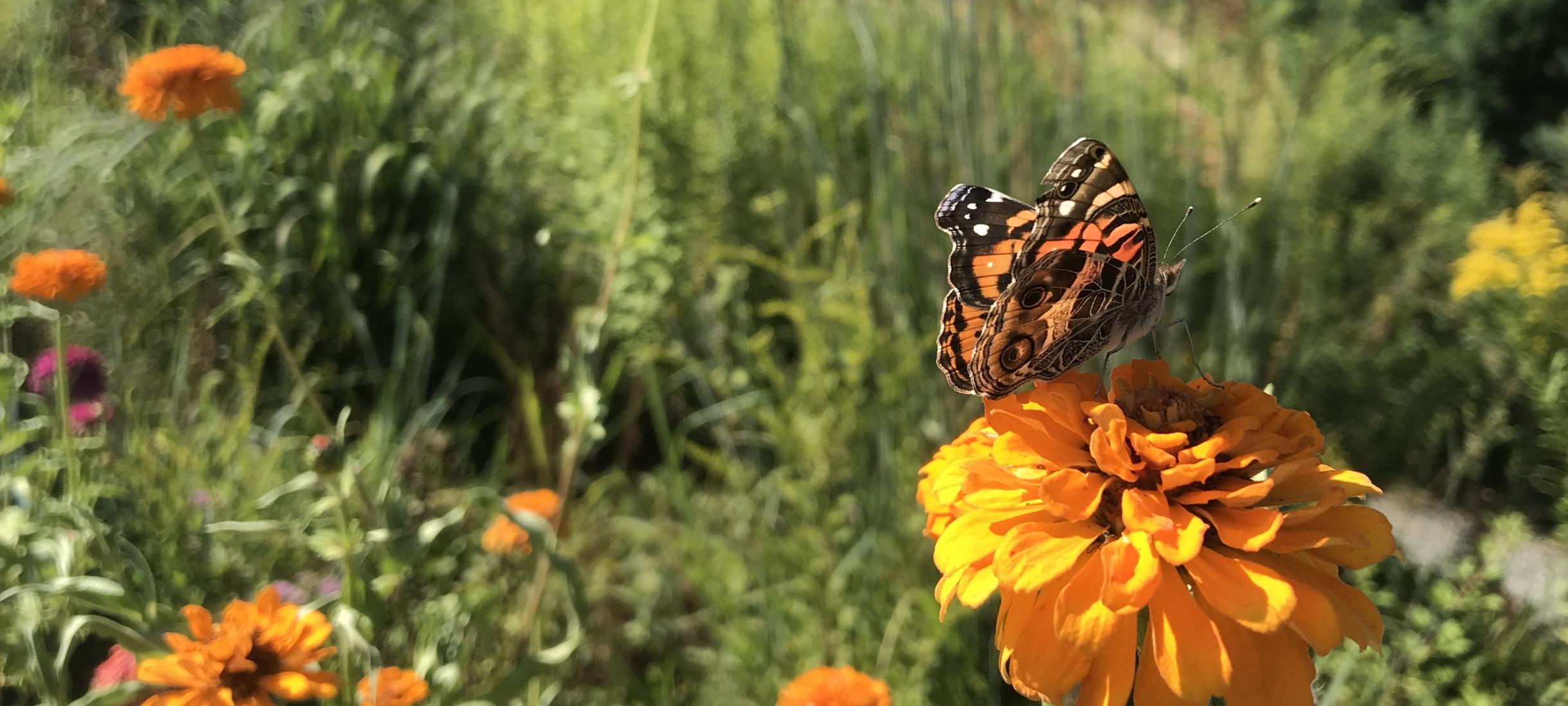
Become a Friend of Wellesley College Botanic Gardens!
Thank you for connecting with us, and growing our community of supporters!
To become a Friend of the Botanic Gardens, you may do any of the following:
- Visit us and share the love - bring your friends and family during open hours, or book a Tour for your school or group!
- Get connected - Subscribe and Follow us for program announcements and news
- Make a gift of any amount to support our educational mission and gardens
- Share your time and skills as a volunteer
- Contact us with feedback
Your support helps us:
- Provide free admissions for everyone, every day
- Provide free programs, guided tours, and group visits
- Train student and volunteers to lead free guided tours and programs
- Create accessible educational materials and media in the gardens, and fund books for the Visitor Center botanical library
- Support hands-on student internships, jobs, research, and programs that foster interest in plants and the environment
- Support professional development opportunities for students and staff related to diversity, inclusion, equity and accessibility, with a focus on our relationships and practices with plants, gardens, public space and landscapes
- Invest in innovative, sustainable, and ethical landscape practices. For example, minimizing/eliminating pesticide use in greenhouses and gardens by applying integrated pest management methods; converting to all-electric power equipment, to reduce fossil fuel and noise pollution; implementing composting systems and reducing single-use plastics, following zero-waste policies.
Thank you for supporting our mission!
